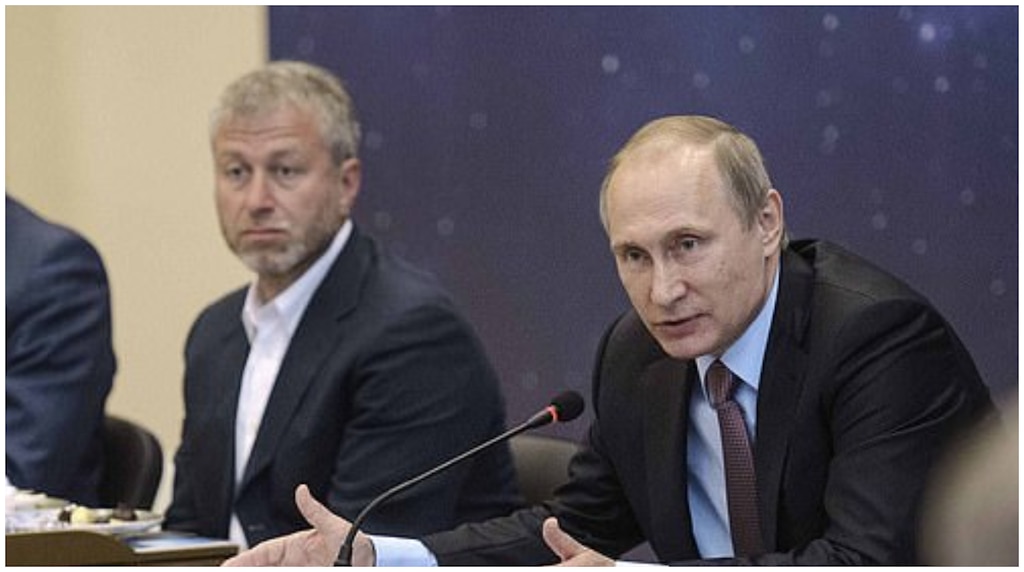By Andrew Warshaw and Paul Nicholson
May 17 – The much-publicised £4.25 billion sale of Chelsea to a US-led consortium is reported to be at risk of collapsing because of a dispute between the UK government and owner Roman Abramovich over where the funds might end up.
With the May 31 deadline for the deal to be completed fast approaching, the reports say authorities have yet to receive the necessary assurances from Abramovich who is not allowed to profit from any sale to the private-equity funded consortium led by US investor Todd Boehly, co-owner of the LA Dodgers baseball team.
The Russian oligarch, who has owned Chelsea for 19 years, announced his intention to sell the club in March after sanctions were levied against the him following the invasion of Ukraine.
He also said that all sales proceeds would go into a fund for victims of the war on Ukraine –the UK government froze his assets due to his close links to Russian president Vladimir Putin. However, the charities that would benefit have not been named raising concerns over Abramovich’s intentions and those of his representatives who have handled the sale for him.
Abramovich is reported to be refusing to accept the structure of the sale under which the funds would go into a holding account until the government is satisfied it can go to a foundation to help victims of the war in Ukraine.
Although Abramovich has agreed to write off his £1.5 billion loan to Chelsea, the government is reported to nevertheless be anxious to make sure he doesn’t pocket any of the proceeds either directly or through an entity where he is the beneficial shareholder.
A statement by Chelsea earlier this month said: “To be clear, Mr Abramovich has no access or control of these funds and will not have any access or control of these funds following the sale.”
However, this is increasingly looking like an obfuscation of the truth and there is potentially a clear pathway for the money to reach Abramovich. Chelsea’s parent company Fordstam Ltd owes £1.6 billion to Jersey-based Camberley International Investments, a company that is widely believed to be a proxy for Abramovich.
UK government concerns are that Abramovich has not backed up his public statements with a legally binding commitment to ensure the money is not used to repay the loan, or where the funds will be directed.
There are also wider questions over how much of the loan Chelsea has from Abramovich was ever really a loan. While Abramovich has loaded up the club with personal debt, he has also received hundreds of millions in loan repayments from the club.
It is the source of those original funds that is concerning and whether they were only allowed to be received as a ‘favour’ or ‘reward’ by Putin.
Putting those funds through Chelsea could potentially bring money laundering accusations into play on the basis that Abramovich put his Putin-‘sanctioned’ money into the club and received significant sums of it back in the form of loan repayments.
With the special government license allowing Chelsea to operate due to expire at the end of this month, government officials reportedly have doubts about whether a new license will be issued by the end of the month when the deal was supposed to close.
The issue then is whether Chelsea – the current World and European Champions – will be able to meet the Premier League’s own club licensing criteria in time for the early June award. And then what? Suspension at worst. Points deduction at best?
Contact the writer of this story at moc.l1751419169labto1751419169ofdlr1751419169owedi1751419169sni@w1751419169ahsra1751419169w.wer1751419169dna1751419169 or moc.l1751419169labto1751419169ofdlr1751419169owedi1751419169sni@n1751419169osloh1751419169cin.l1751419169uap1751419169

